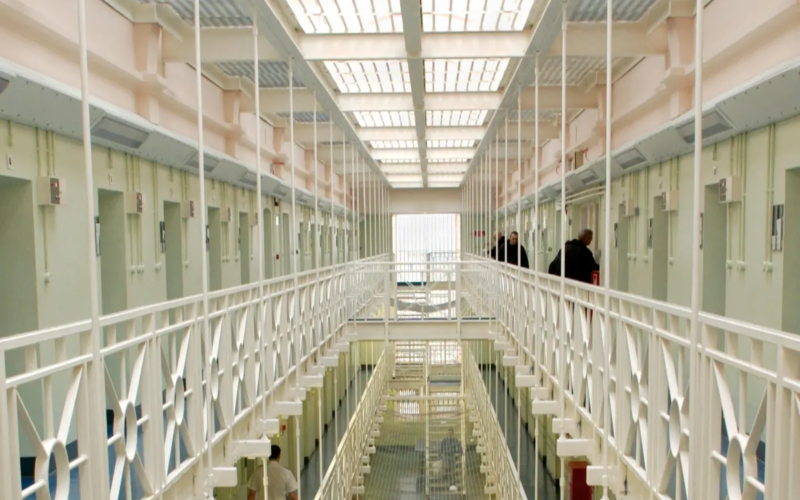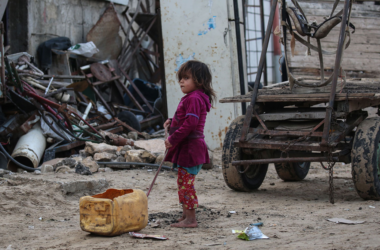A government adviser has cautioned that Keir Starmer’s commitment to halve violence against women and girls could exacerbate the current prison overcrowding crisis. Nicole Jacobs, the UK’s Domestic Abuse Commissioner, warned that the push to increase convictions for domestic abuse could significantly strain the nearly full prison system.
In her letter to the Prime Minister, Jacobs highlighted the potential impact of Labour’s initiatives, which aim to boost reporting and conviction rates for domestic abuse. She estimated that an additional 10,000 domestic abuse convictions could result if just one in three victims come forward.
Starmer’s plan includes establishing dedicated “rape courts” and deploying domestic violence experts to handle emergency calls. However, Jacobs raised concerns about the timing of these measures amid a prison capacity crisis. The new Justice Secretary, Shabana Mahmood, is reportedly considering emergency measures to release criminals early, as prison capacity is projected to be reached by 1 August.
Jacobs emphasized that domestic abuse offenders should be excluded from any early release schemes, citing the need for long-term planning to prevent the prisons crisis from undermining Labour’s goals. She pointed out that only 5% of police-recorded domestic abuse cases currently result in convictions, and any increase in reporting and convictions would put further pressure on the prison system.
“This problem requires long-term solutions,” Jacobs wrote. “As we work to raise awareness of domestic abuse, build faith in the criminal justice system, and improve criminal justice outcomes for victims, convictions will, and should, only increase. Our criminal justice system must be prepared for that.”
Jacobs noted that returning to the 2016 high of 18% conviction rates for police-recorded domestic abuse would significantly increase the number of inmates. She stressed that the new government’s ambition to halve violence against women and girls should not be compromised by a lack of prison places, emphasizing the need to protect the 2.1 million annual victims of domestic abuse.
Early release schemes have previously included individuals jailed for domestic abuse, raising concerns about victim safety. In May, the Chief Inspector of Prisons reported that a “high-risk” inmate at HMP Lewes, who posed a danger to children, had his release date brought forward despite a history of stalking and domestic abuse.
Jacobs argued that any early release scheme must exempt domestic abuse offenders. She underscored the importance of providing victims and their children with a period of respite to recover and plan for their safety, which could be undermined by early releases, especially if victims are not informed of the release dates.
Prosecution and conviction rates for domestic abuse have been declining for a decade. The latest quarterly results showed a slight increase in police referrals but a decrease in charging rates and completed prosecutions.
The Ministry of Justice has yet to comment on the matter.








